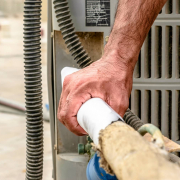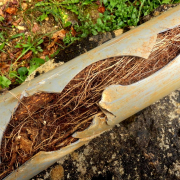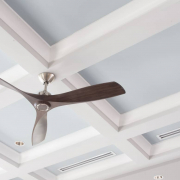Can A Water Heater Explode
There are many appliances and working parts when it comes to a home. Homebuyers should pay close attention to their home inspection reports so they can avoid any unfortunate repair issues down the road. When owning a home you must conduct maintenance on your home equipment and appliances regularly. This can keep your investment and family safe. Remember that over time things can break down. You will want to make sure that you are monitoring items like your water heater. Due to the nature of a water heater, it can become a fairly destructive item in your home. Can a water heater explode? Yes, it is possible if the pressure builds up and equipment becomes faulty.
Let’s take a look below at some preventative maintenance and things to know when it comes to a water heater.
What Is A Water Heater
The water heater in your home is meant to heat the water in your plumbing. This is necessary for your hot showers, hot water in your dishwasher, and hot water from your sink faucets. In many cases, a water heater is installed in your garage. It should be inspected every year to ensure that everything is working properly. Keep in mind that not every water heater is constructed the same. You can have tankless water heaters installed in a home as well as the cylindrical tank installed in a garage or storage closet of a home. Since they work off pressure, a single water heater could explode and destroy an entire home. Be sure to ensure that regular maintenance is conducted so that you can avoid this tragedy.
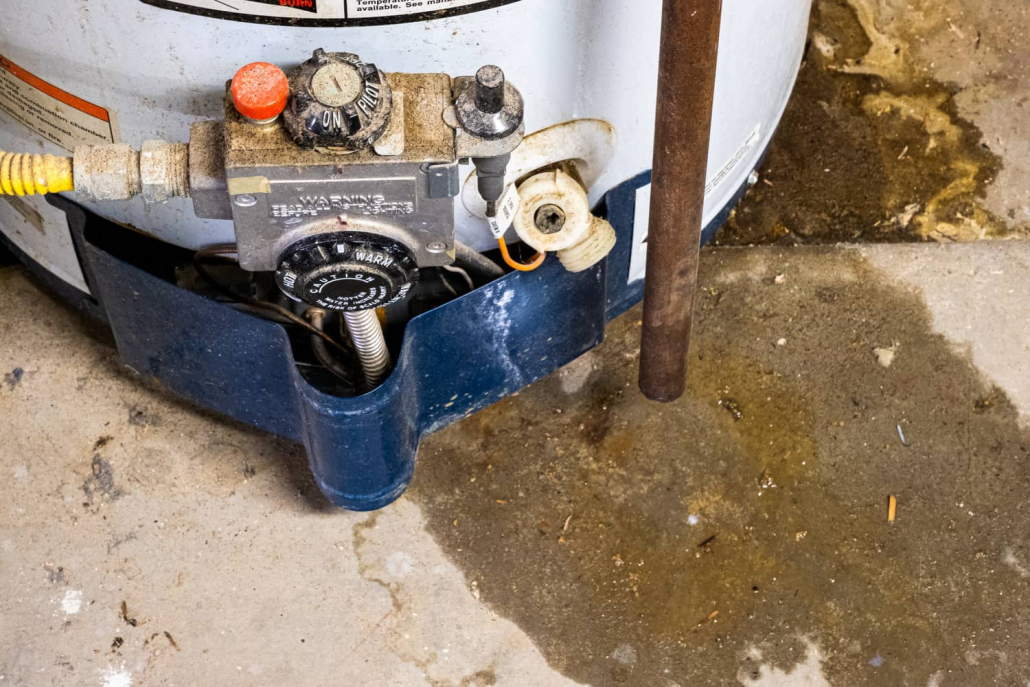
How Would I Know Its Time To Replace
Believe it or not, there are some pretty obvious warning signs for when you need to replace a water heater. Allowing the water heater to get to a point where it becomes dangerous to your home and family is not good. Check out these warning signs below, so that you can avoid a tragedy.
- Leaking – if your pressure valve is leaking you should turn off the water heater and contact a professionally licensed master plumber to come out and replace it. The pressure valve is located at the top or side of your water heater.
- Foul Smell – a rotten-egg smell could mean that you have a gas leak. If you smell gas around the heater make sure to immediately shut the gas off and call your licensed master plumber to inspect the water heater. If you allow this to go without having it checked, the gas leak could be ignited by the pilot light and cause an explosion.
- Noisy water heater – hearing some popping and knocking coming from inside the water heater means a failure is imminent. As sediment builds up at the bottom of your tank, the water is kept from the burner. So, the burner has to stay on longer to heat the water which increases the level of heat inside the tank. When water is trapped under the sediment it will make a popping sound as it begins to bubble and escape through the layer of sediment.
- Poor insulation – if your water heater or its’ connections and controls have poor insulation an explosion can occur. Electric heaters with water corrosion can cause an electrical short.
Preventative Maintenance
To get the longest life out of your water heater, you will want to conduct some preventative maintenance. There are a few things that you can do to keep the water heater going strong. Let’s take a look:
- Flush It – flushing the water heater allows for sediment and other minerals to be removed from the tank. This creates a fresh new interior of the tank and keeps the sediment from building up. If you allow sediment to build a blockage could occur and cause damage or an explosion.
- Adjust temps and resetting – check the thermostat and make sure the settings are where they need to be. Keep an eye on the thermostat to determine if it needs replacing. If the thermostat is malfunctioning or not set right you will notice a change in the temperatures of your water. This could also cause some water heater damage, so keep an eye on it.
- If gas, turn it off and on – check to make sure the pilot light is on and heating properly. You can always turn off the gas and the pilot light and then restart both. Sometimes a gas water heater just needs a break and a reset.
- Other items – check the temperature release valve (TPR valve), drain valve, and thermostat. Also, if you are traveling, set your water heater to vacation mode. This keeps the water from heating up when you are not home.
Keep in mind that if the TPR valve becomes damaged the water heater could explode. Most water heater explosions are due to a corroded TPR valve that malfunctions over time. It will eventually build up and expand inside the water heater tank. This pressure build-up will cause an explosion.
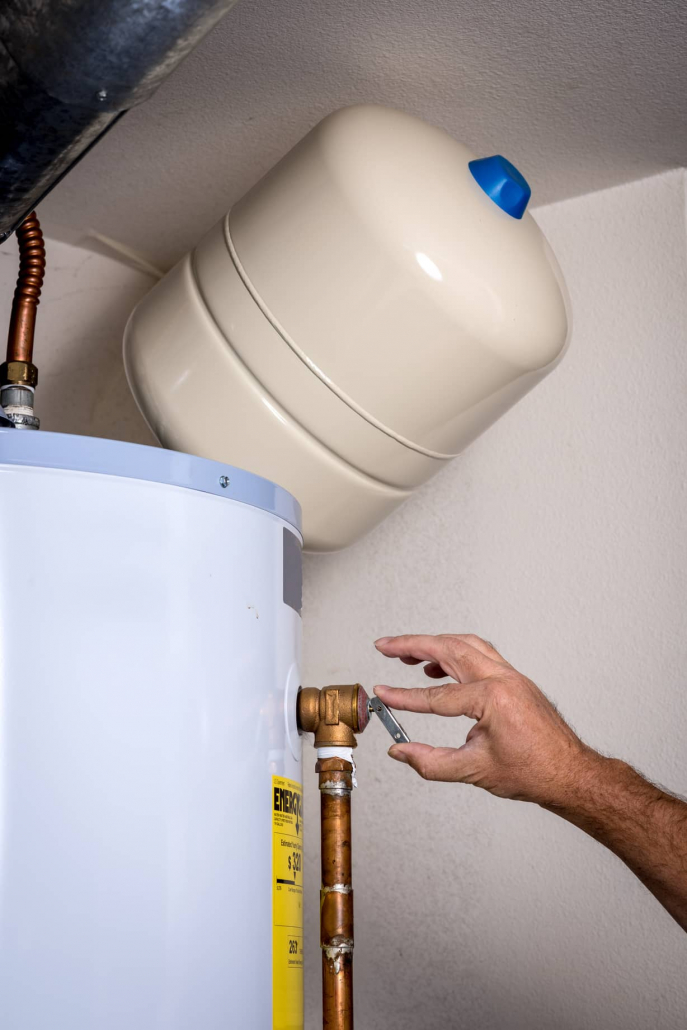
How Much Does It Cost
Oftentimes, replacing your water heater is cheaper than repairing it. You will want to determine the kind of repairs that are needed before investing in a new water heater. However, if the damage is substantial or something reoccurring, you are better off buying a new tank-style water heater. The national average for a new water heater installed ranges from $800 to $2,500. The price ranges based on the size of the water heater and the need for the home.
r
Other Recommended Maintenance
One of the ways that you can prevent an explosion in your water heater is by checking the thermostat. Making sure that it functions properly will keep the water from overheating and reduce the pressure in your tank. Now that you know your water heater can explode, take the necessary steps to prevent this from happening.
In addition to checking the thermostat, you will want to understand the TPR valve and why it is important. Knowing how the TPR valve works and why it is important to your water heater can also prevent a potential water heater explosion.
Lastly, when buying a home, a home inspection is important. Finding out how old the water heater is and if there are any repair concerns is important. Also, you would not want to skip out on the home inspection for a variety of reasons. Make sure to read up on what you could be missing should you have to pass on attending the home inspection.
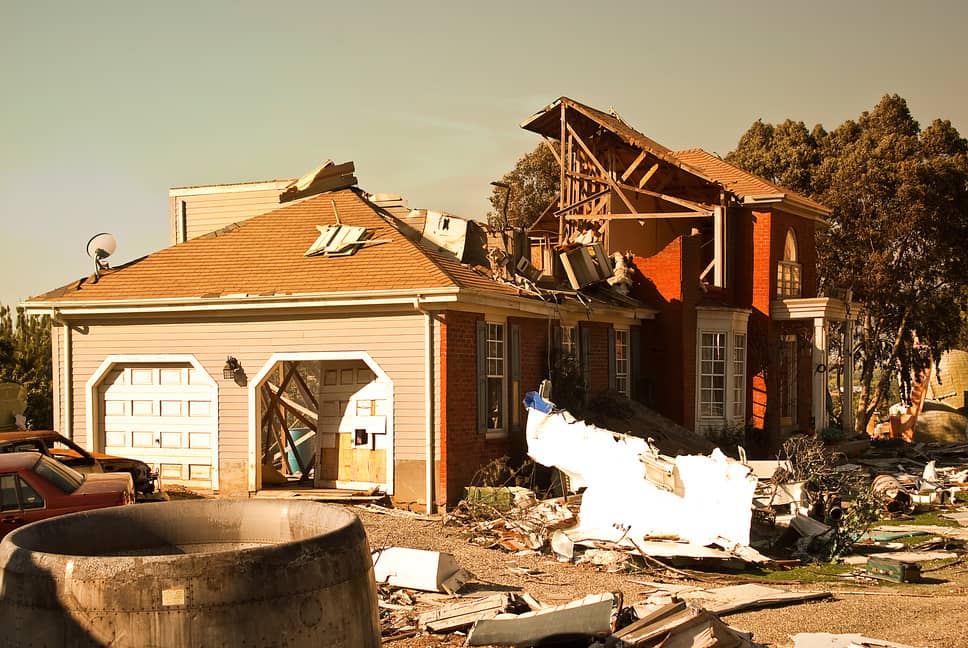
When Do I Call A Professional
Calling on a professionally licensed master plumber is important to maintaining your water heaters’ longevity. There are a lot of working parts in a water heater and if anything breaks down you risk the possibility of a flood or even an explosion. To avoid any disasters in your home make sure that you have the proper maintenance conducted on your water heater. If you aren’t sure which master plumber to call, reach out to your local home inspection team. Not only can they refer a great licensed master plumber, but they can also conduct a full plumbing inspection to ensure that everything associated with your plumbing system is working properly.
Conclusion
Homeownership is not the easiest task in life. There are a lot of moving parts and pieces and preventative maintenance has to be conducted more often than not. With that being said, there are plenty of people out there who are available to assist with your home needs. Ensuring that your water heater has had the necessary maintenance is key. If you aren’t sure who to call, make sure to reach out to your local home inspection team. They can conduct a full home inspection and ensure that your water heater is working properly. Call on Heartland Inspections services in greater Minneapolis St. Paul and surrounding areas for your home inspection needs.





